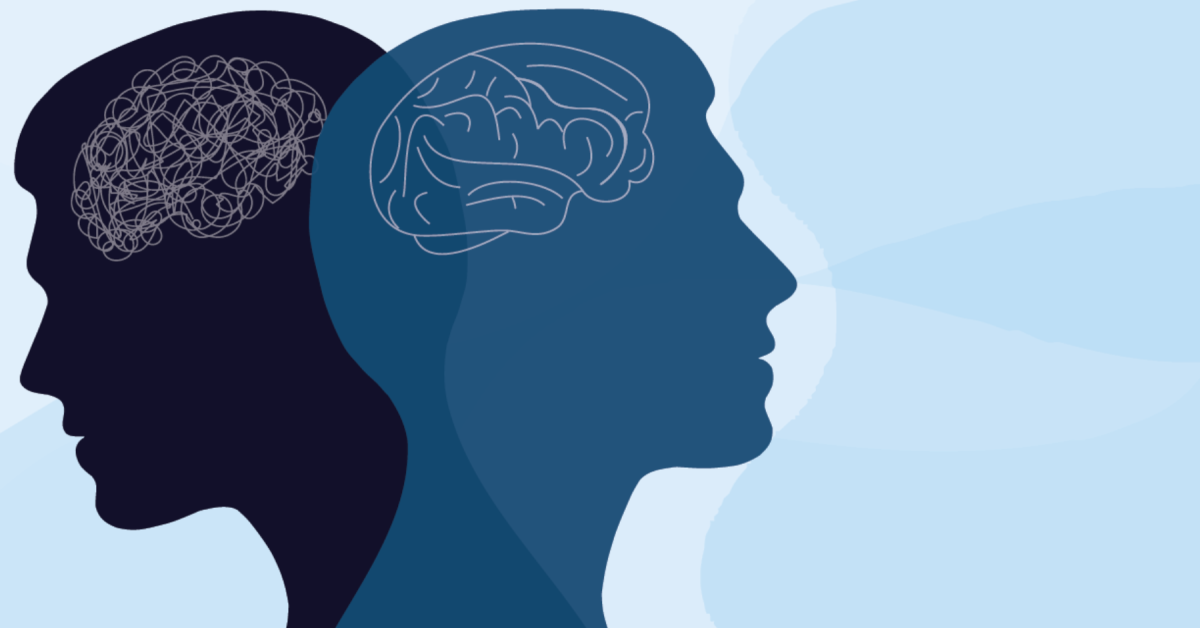Relied On Mental Health Services: Specialist Treatment When You Desired It
Relied On Mental Health Services: Specialist Treatment When You Desired It
Blog Article
Comprehending the Effect of Exercise on Mental Health and Total Health
In the realm of psychological health and wellness and overall health, the significance of exercise is a complex subject that necessitates expedition. Past its physical advantages, the impact of exercise on one's psychological health has actually been a subject of growing rate of interest and research study. The complex interaction in between physical activity and emotional wellness introduces a spectrum of favorable end results that prolong much beyond the boundaries of a gym or a running track. As we navigate via the complexities of this connection, a much deeper understanding of how workout affects our mindset and overall wellness emerges, clarifying the extensive implications it holds for our everyday lives and lasting health.
Advantages of Exercise on Mental Health

Normal workout has been shown to significantly boost psychological wellness end results in individuals of all ages. Taking part in routine workout not only benefits physical health but also plays an important role in boosting psychological health. Among the key benefits of workout is its ability to lower symptoms of stress and anxiety and clinical depression. Exercise promotes the launch of endorphins, additionally called the "feel-good" hormonal agents, which can aid ease feelings of anxiety and improve state of mind.
Furthermore, exercise has been linked to boosted cognitive function and overall brain health and wellness. In addition, workout promotes much better rest patterns, which are essential for maintaining great mental wellness.

Link In Between Workout and Stress And Anxiety
Workout offers as a potent device for minimizing stress and anxiety and promoting mental well-being by assisting in the launch of endorphins and fostering a sense of leisure and restoration. Workout promotes the production of endorphins, usually referred to as the body's natural painkillers, which act as mood elevators and anxiety reducers.
Involving in exercise also uses an interruption from everyday stressors, enabling people to concentrate on today moment instead than ruminating on sources of stress. Furthermore, workout can boost self-confidence and self-confidence, offering a feeling of achievement and control that can fight sensations of helplessness usually related to tension. By including workout right into a regular routine, individuals can efficiently manage stress and anxiety levels, leading to enhanced psychological wellness and general lifestyle.
Impact of Workout on State Of Mind
Involving in exercise has been shown to considerably affect one's mood and psychological health. The connection between workout and state of mind is well-documented, with many researches highlighting the positive effects of exercise on psychological health. When we engage in workout, our bodies great site launch endorphins, typically called "feel-good" hormones, which can help ease feelings of anxiety, stress and anxiety, and anxiety. Furthermore, routine exercise can lead to improved self-worth and a feeling of accomplishment, which can additionally improve one's general mood.
In addition, the effect of exercise on mood extends past just the instant post-workout duration. Research study recommends that individuals who preserve a regular workout routine are much more most likely to experience lasting improvements in their mood and mood. This can be associated to the architectural adjustments in the brain that happen as an outcome of regular exercise, such as boosted connectivity between brain regions liable for managing feelings.
Exercise and Cognitive Feature
Many researches have shown the substantial impact of physical task on cognitive feature, highlighting the detailed connection between workout and psychological processes. Engaging in normal workout has been shown to boost numerous elements of cognitive function, consisting of memory, interest span, analytic abilities, and general mental skill.
Furthermore, consistent exercise has been linked to a reduced danger of cognitive decrease and neurodegenerative diseases such as Alzheimer's. Researches recommend that people that maintain an active way of life throughout their lives experience slower rates of cognitive decline compared to those that are less active. On the whole, the proof overwhelmingly sustains the concept that routine workout is not only valuable for physical wellness but also plays an important function in protecting and improving cognitive function.
Approaches for Including Workout
Taking on a structured method to incorporating physical task right into day-to-day routines can considerably boost the likelihood of keeping a consistent exercise routine. In addition, integrating workout right into existing regimens, such as walking or these details biking to function, taking the stairways rather of the lift, or organizing routine workout sessions, can help make physical activity a habitual part of daily life.
Another helpful technique is to locate tasks that are satisfying. Whether it's dance, biking, swimming, visit this page or yoga exercise, taking part in activities that bring satisfaction enhances the chances of sticking with the exercise regimen in the future. In addition, differing the types of exercises and reserving time for both strength-training and cardio tasks can stop boredom and give an all natural method to physical conditioning.
Incorporating workout into social activities, such as signing up with a sporting activities group or exercise group, can additionally promote a sense of area support and accountability, making it easier to remain dedicated to normal workout. By executing these strategies, individuals can produce a sustainable and meeting exercise regimen that advertises mental health and total health.
Final Thought
To conclude, workout has many benefits for mental health and general wellness. It can help in reducing stress degrees, enhance state of mind, and improve cognitive function. Integrating regular exercise into one's regular is crucial for promoting psychological well-being. By recognizing the impact of workout on psychological health and wellness, people can take aggressive actions to prioritize their exercise and gain the positive impacts on their emotional and mental state.

Report this page